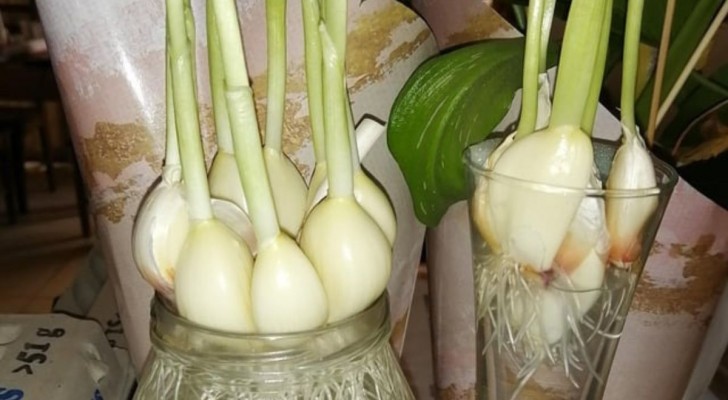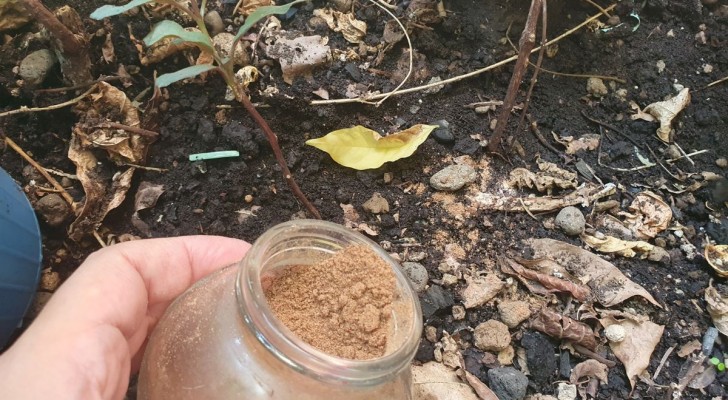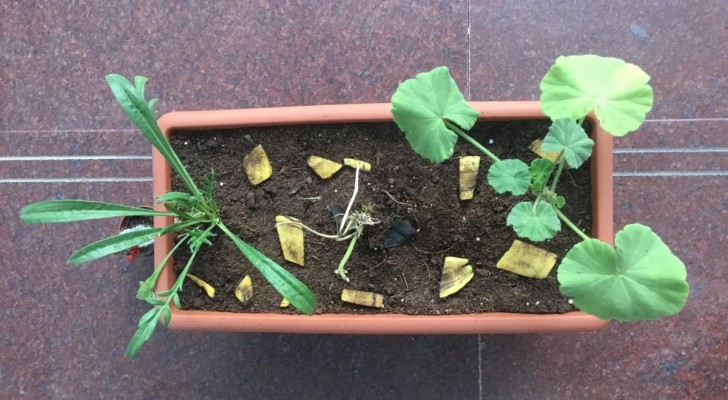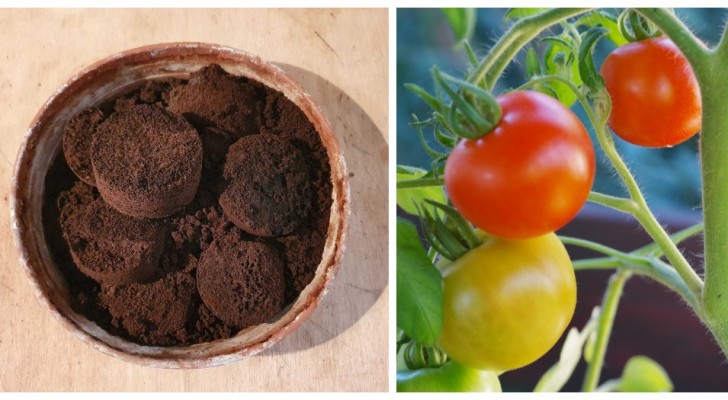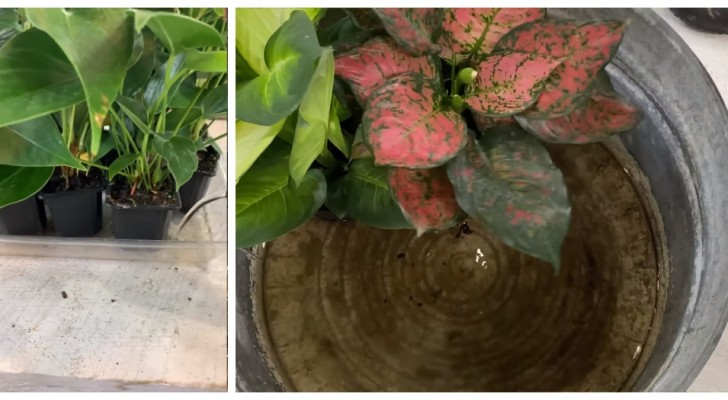How to get rid of white larvae and protect the plants in your garden
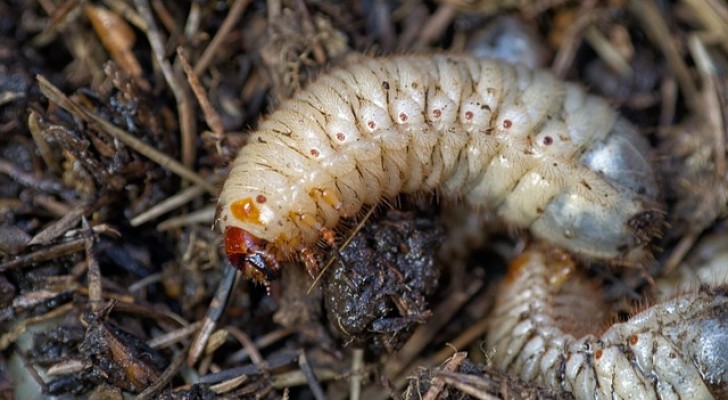
Advertisement
White grubs (larvae) are very common in the soil and infest garden plants leading them to wilt and/or die quickly. Usually, these pests are weevil larvae or beetle larvae. The former generally feed on the seeds, preventing them from germinating or causing them to produce deformed seedlings; the latter feed on the plant's root system. Both are about 10 centimeters long and have a milky white appearance.
Fortunately, there are many natural ways to permanently remove these parasites from our plants, and we describe some of these below:
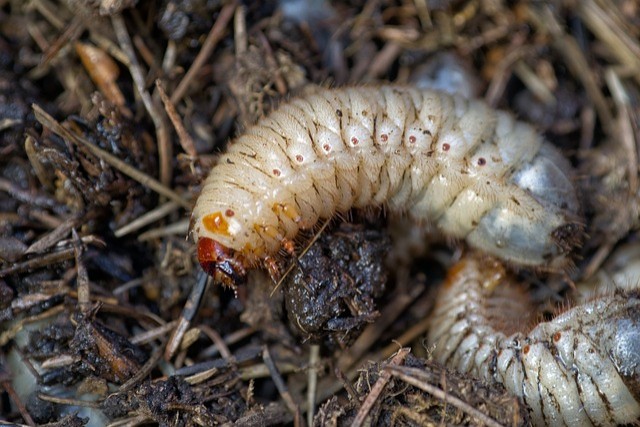
There are numerous methods that you can use to remove white larvae:
- Untended garden: if you leave a part of your garden untended, you will be helping to attract all those insects that will lay eggs and produce larvae.
- Nematodes: available in shops in the form of powder, these are very small worms- invisible to the naked eye - that will attack the larvae in the ground. You just need to distribute them in the irrigation water over the affected/infested areas.
- Cabbages or turnips: leaves of cabbages or turnips, shredded and buried in the ground next to the seeds of your plants, will work as natural grub repellents.
- Insectivores: birds, hedgehogs and chickens feed on these larvae and can help you keep them under control; entice insectivores to your garden by lightly hoeing the soil, exposing the larvae.
- Geraniums: Geraniums are a plant that repells larvae - if you plant it next to other plants, it will keep larvae away.
- Bergenia with fleshy leaves: this plant, however, attracts larvae (saving the other plants from the pests attention). The downside will be the loss of the bergenia, but the rest of the garden will be safe.
- Turning the soil frequently will make it softer and prevent the beetles from laying their eggs.
- Neem oil: another biological repellent of natural origin, Neem oil acts on contact and must be used directly on the larvae, making it suitable for use in small pots with low infestation.
Have you already decided which remedy you want to try?
Advertisement
